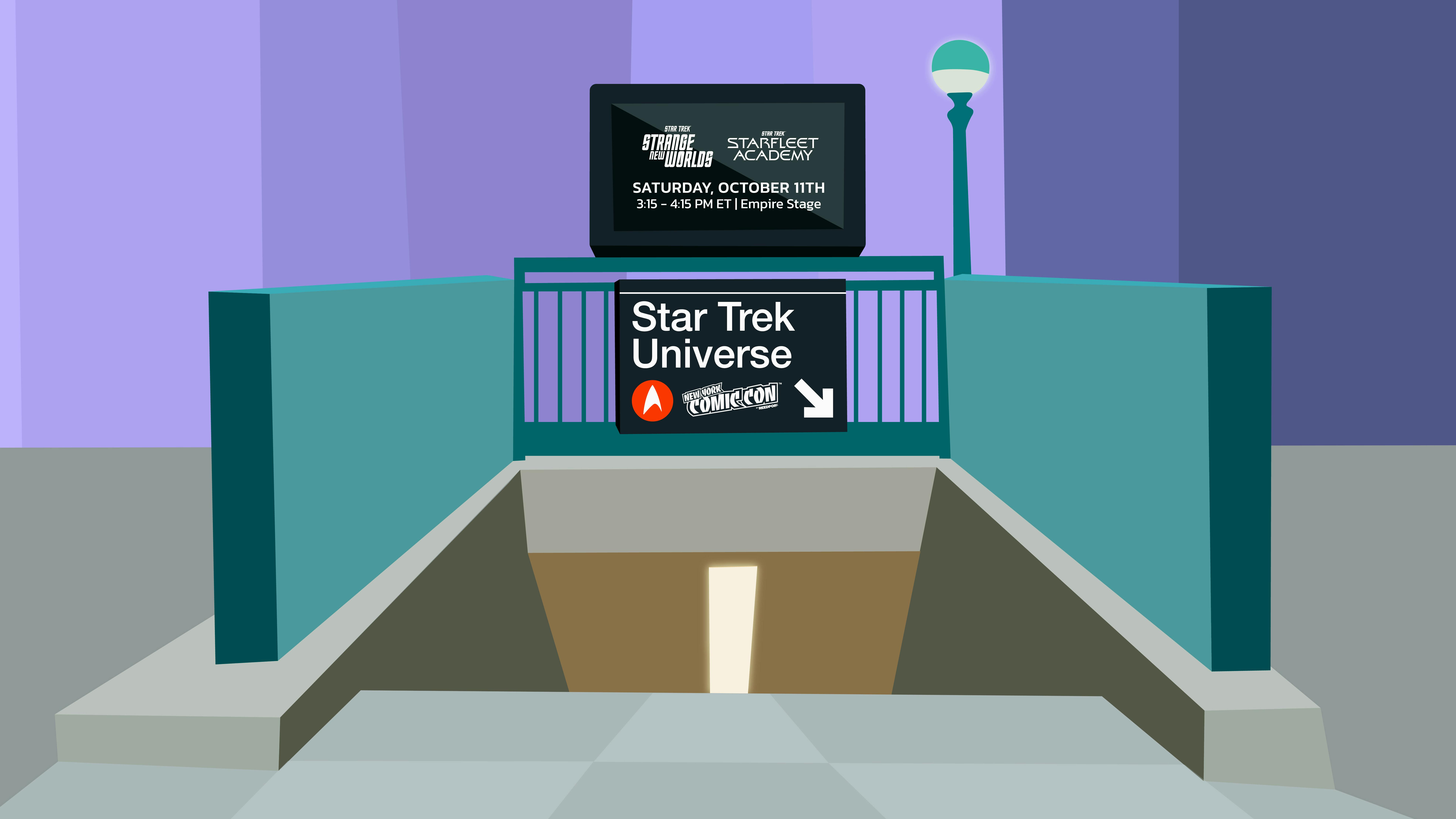Published Sep 3, 2023
How Spock's Human Side in Strange New Worlds Fully Explains The Original Series
We love Spock because of his feelings, not in spite of them.
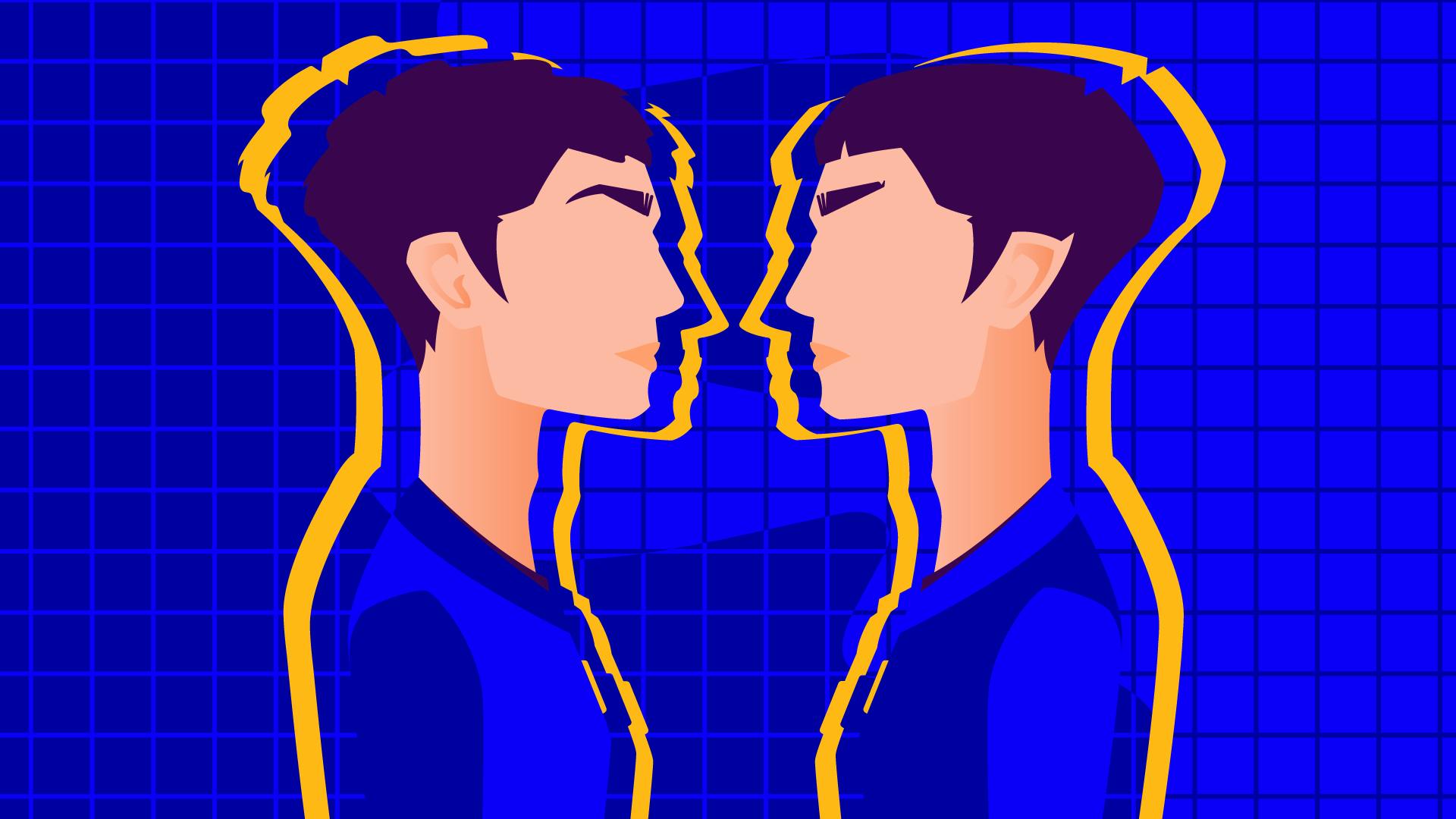
StarTrek.com
We need to talk about Spock. He’s smiling. He’s making jokes. He’s eating bacon in .
As Captain Kirk once put it, Spock has recently shown “a regrettable tendency you've been showing lately toward flagrant emotionalism.” But here’s the thing. Kirk made that comment in , at the end of the classic episode “.” So, Spock’s emotional outbursts are hardly new. And as counterintuitive as it sounds, the rational, cold hero of the final frontier is often most interesting when he seems to be losing it.
From “” in The Original Series to “” in Strange New Worlds Season 2, Spock’s emotionalism is central to our shared love of this supposedly unemotional character. And thanks to Strange New Worlds, the story of Star Trek is offering a new, utterly revelatory way of understanding the inner struggle of Spock, which, in the final analysis, is perfectly logical.
Star Trek: Strange New Worlds - Spock the Human
Way back when Leonard Nimoy filmed “The Cage,” in 1964, the character of Spock hadn’t been fully formed. At that point, Star Trek series creator Gene Roddenberry actually conceived of Number One as the more guarded, stoic unemotional one.
In 2019, with the Star Trek: Short Treks episode “,” writer attempted to reconcile this, by making it clear that Number One had a big influence on Spock’s overall development. But, that was Spock’s first day on the Enterprise and only the beginning of a bigger process. Starting with Season 2, and throughout Strange New Worlds, Spock is on an emotional journey, one that has an end point with how we find Spock in The Original Series. As SNW co-creator Akiva Goldsman said in 2023, “Something happened between ‘The Cage’ and ‘Where No Man Has Gone Before.’”
Goldsman is right. But, putting Spock on an emotional rollercoaster isn’t something SNW randomly invented. Spock has gone on several emotional journeys prior to SNW. In the Star Trek: Lower Decks crossover, “,” Chapel says Spock is “going through a thing.” But, when, if we’re being honest, has Spock not been going through a thing?
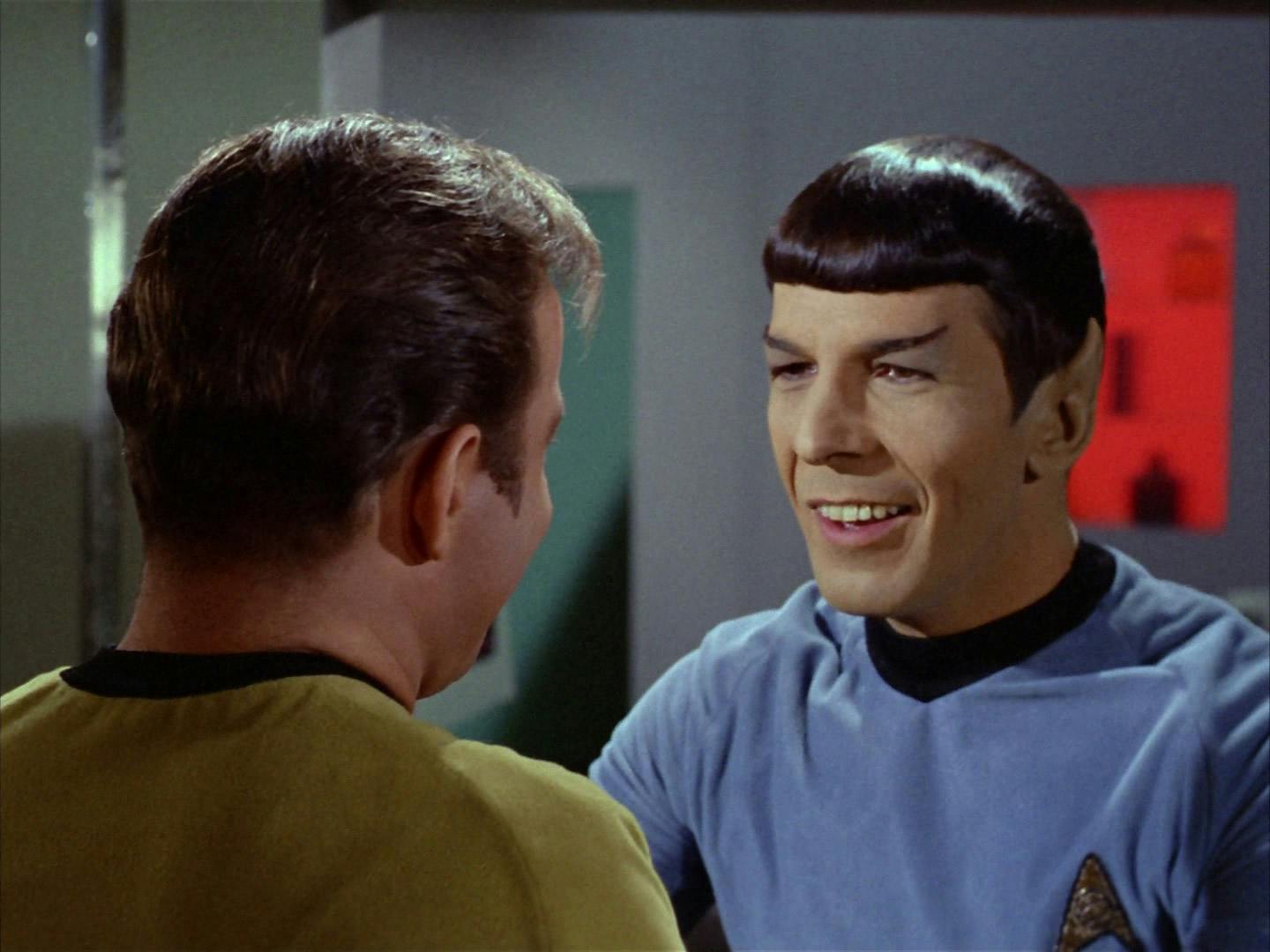
"Amok Time"
StarTrek.com
Throughout The Original Series, the classic films, and even The Next Generation, Spock, as played by Leonard Nimoy, changed his emotional presentation quite a bit. In the classic series, he was openly frustrated by human emotions, but after the events of The Motion Picture, and his failure to purge his emotions via the Kolinahr, Spock eventually loosened up, and became comfortable with his illogical human allies. The level of comfort Spock has with Kirk and Bones in The Wrath of Khan is drastically different from the guy we met in “Where No Man Has Gone Before.” So, in order for classic Spock to mature, and grow, there had to be a baseline, a specific foundational personality to build upon. This is where Strange New Worlds comes in. Because it’s here that we’re finally seeing how and why Spock’s emotional cocktail was mixed.
Star Trek: Strange New Worlds - Hot Spock
In “Those Old Scientists,” Boimler and Mariner — time travelers from the 24th Century — are borderline horrified by Spock smiling and attempting to make bad jokes. Cleverly, Strange New Worlds uses what seems like canon inconsistencies to actually make a point about how people change. Boimler believes that a smiling Spock is not really the character. Just like fans being jarred by Spock smiling in “The Cage” or flashbacks from “The Menagerie,” emotional Spock can read as a mistake, rather than a nuance. Boilmer, as a cipher for a confused fan says, “This is just like what a phase and he’ll get over and get back to like his serious, real self soon?”
In some ways, Boimler is right. What we’re seeing in Strange New Worlds is new, but, it’s also a fallacy for us to believe that “serious” Spock is also “real” Spock. In 1966, “,” was only the fourth episode of Star Trek ever aired, and the seventh episode ever filmed. This means that extremely early in Star Trek canon, we got an episode in which Spock was openly crying like a baby. Within the canon of Trek, it seems pretty likely that Kirk didn’t put all of that into his logs, out of respect for Spock, which is also probably doubly true of Spock yelling at people at the beginning of “Amok Time.”
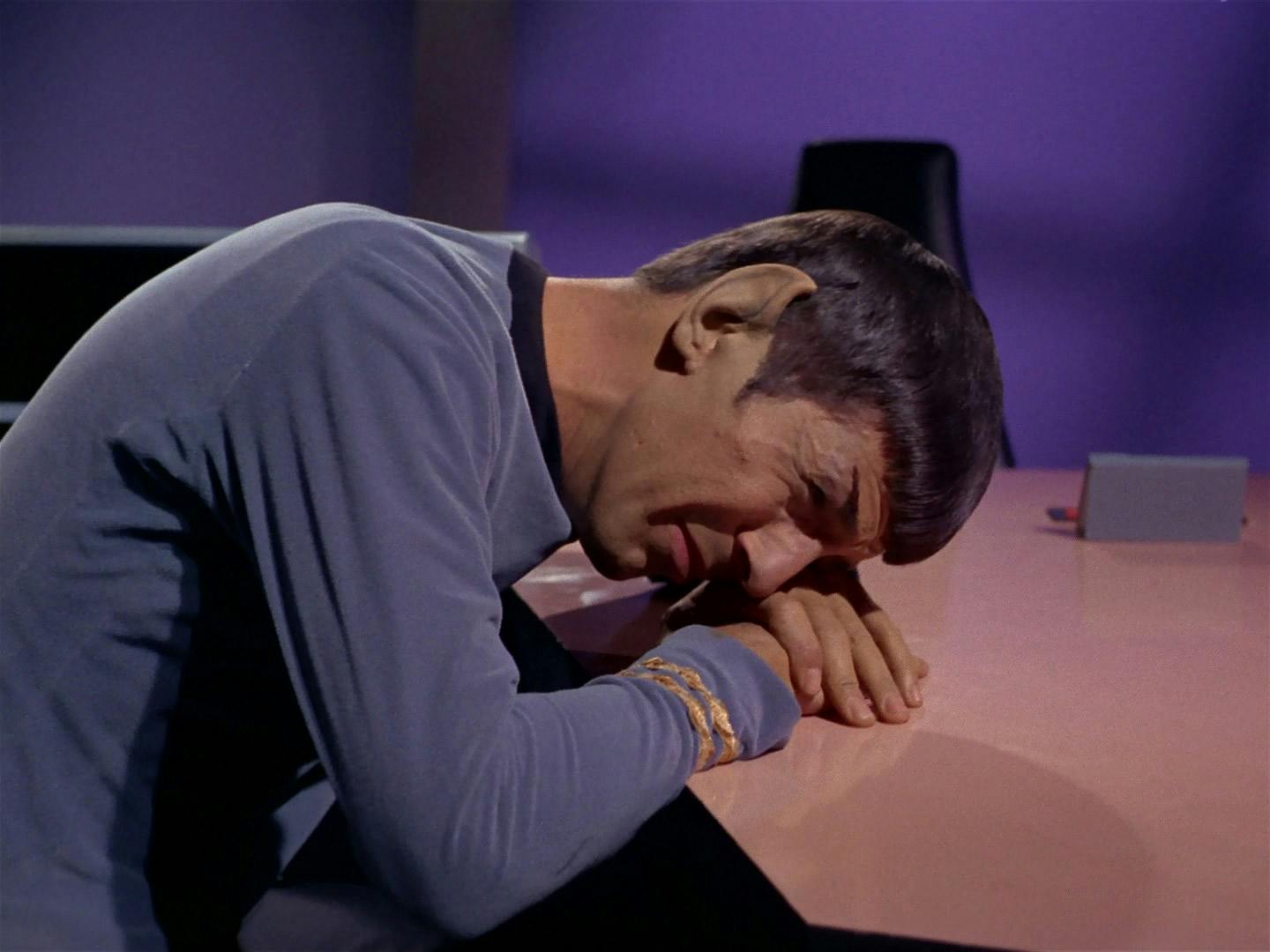
"The Naked Time"
StarTrek.com
Relative to their perception of “smiling Spock,” Boimler and Mariner lack something we have as fans. We have an overall idea of “serious” Spock in our minds, but once we start looking at individual Spock stories, all from the classic era, Spock “acting out of character” becomes the basis of his character.
As Ethan Peck put it earlier in 2023, “It’s possible that ‘normal’ Spock doesn’t exist.” But for Mariner and Boimler, they’re really only going off of history books, which were almost certainly influenced by Pike, Kirk, and others, just selectively leaving information out. Although Mariner and Boimler are somewhat obviously very aware of Pike’s tragic fate at the start of “The Menagerie,” it’s possible that they’re not aware of how that story ended for Pike. “The Menagerie” concludes with Pike living out, happily on Talos IV. But who put him there?
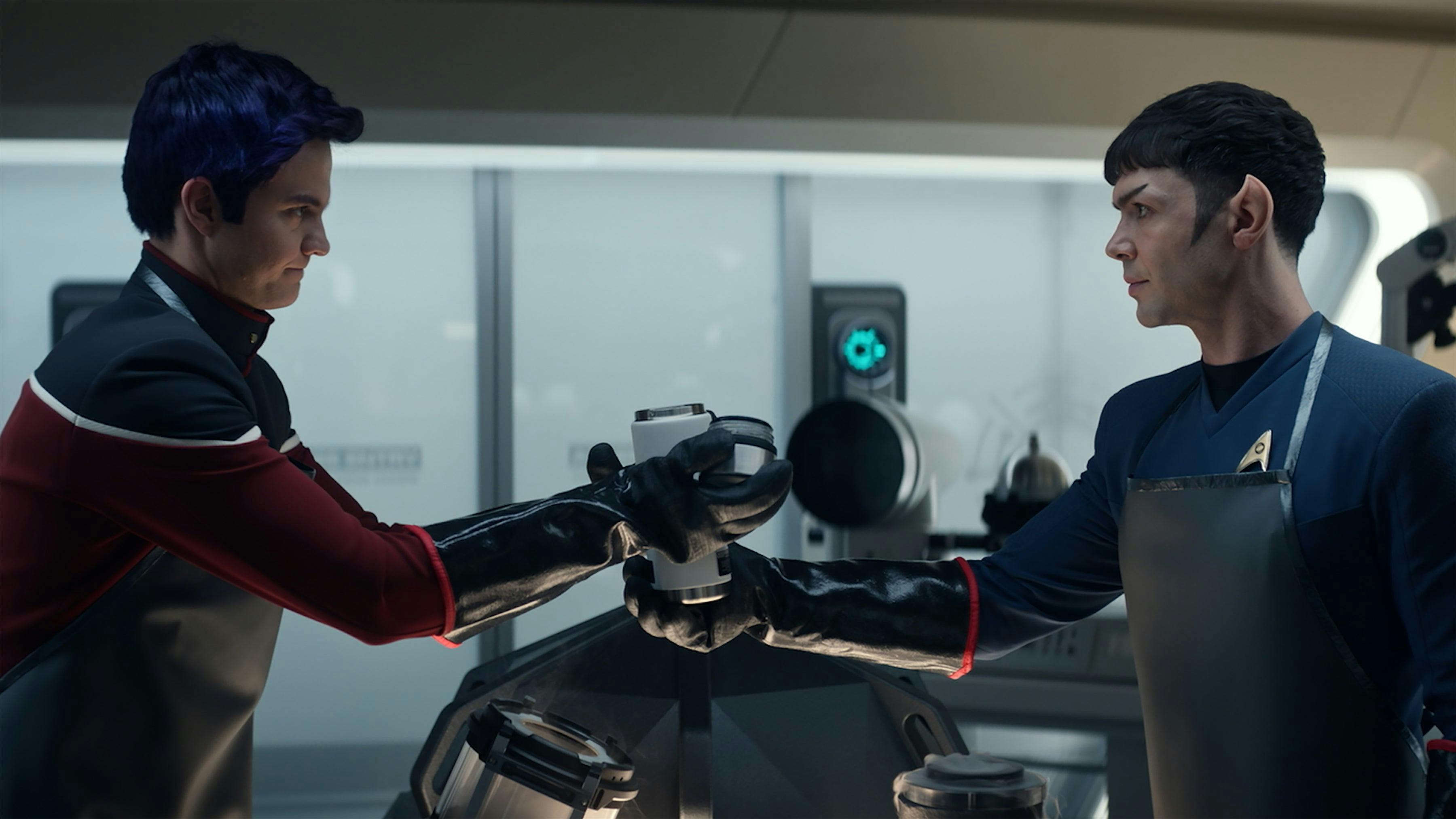
"Those Old Scientists"
StarTrek.com
If Spock hadn’t acted out of compassion, and stolen the U.S.S. Enterprise to get Pike to Talos, that happy ending couldn’t have happened. At the very end of that episode, that’s when Kirk confronts Spock and drops that “flagrant emotionalism” line. Spock cuts him off saying, “I see no reason to insult me, sir; I believe I've been completely logical about the whole affair.” When Boimler and Spock discuss Spock’s more stoic future reputation, Spock says, “I have no choice but to stay true to the path I have chosen in this time. If you sway me, then my future will have been altered, is that not logical?”
It’s a mic-drop moment that Boimler can’t deny, and represents one of many times this season that Spock has stood up for his human heritage a bit more than he did in The Original Series. Because even if Boimler did sway Spock a tiny bit, what this journey of self-discovery proves is that only Spock knows what’s right for Spock, and our shared definition of his character doesn’t just come from our projections or perceptions — of which there are many! Instead, the defining feature of Spock’s character isn’t coldness or emotionalism, but rather his struggle between the two. And the choices he makes aren’t about canon or the timeline. Spock’s choices to become himself in Strange New Worlds reaffirm what Kirk said in The Wrath of Khan. Of all the souls we have known in Star Trek, Spock’s is perhaps the most…human…of them all.




